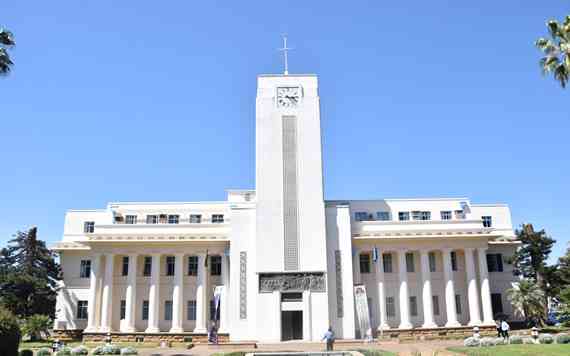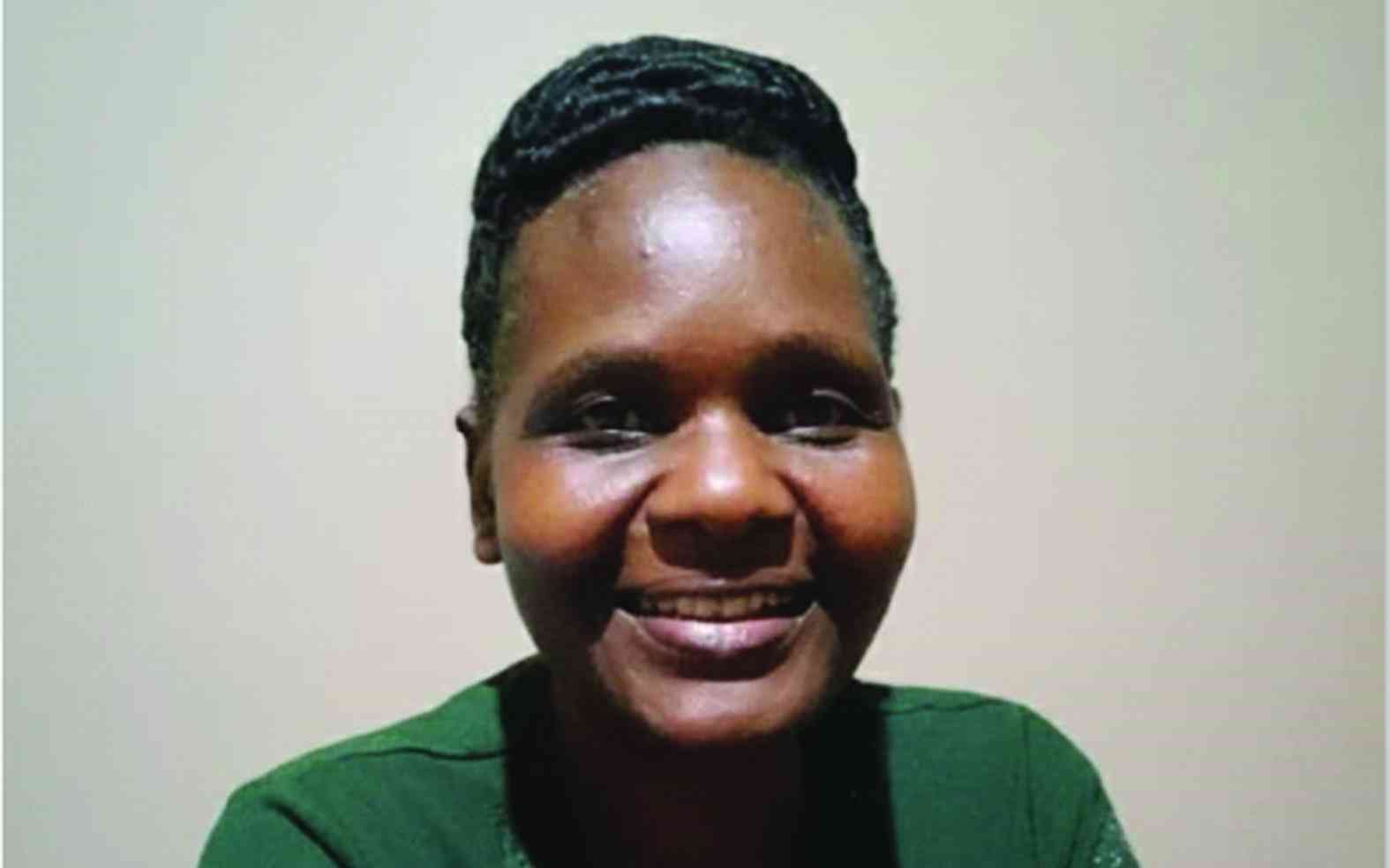
BULAWAYO City Council has warned residents about potential flash floods, and urged property owners to open weep holes in their boundary walls to avert disaster.
The country’s second largest city has been recording heavy rains in the past few days forecasts showing rainfall activity to intensify through out the week.
Bulawayo suburbs that are usually affected by flash floods during rainy seasons are Sizinda, Pumula, Nketa, Emganwini, Nkulumane and Cowdray Park.
In a notice to the residents, Town Clerk Christopher Dube urged residents to open weep holes in boundary walls as the rainy season has begun.
“During the rainy season, the City of Bulawayo urges all property owners and residents to ensure that weep holes in boundary walls are open and functional,” Dube said.
“Weep holes are small openings strategically placed at the base of boundary walls to allow storm-water to drain naturally, preventing water accumulation and potential flooding in residential areas.
“According to Section 78 (2) of the Water Act [Chapter 20:24], it is mandatory for property owners to keep weep holes open to facilitate proper drainage.
“Failure to comply with these requirements, which help in reducing flood risks, may result in penalties, fines, or legal action as outlined in the Roads Act [Chapter 13:18].”
- Harare suspends Pomona deal
- Uproar over census figures
- Byo Arts Festival in turmoil…One year later, festival has yet to pay artists…Organisers play cat and mouse with artists
- Bulawayo struggles to clear housing backlog
Keep Reading
He said closed or obstructed weep holes can cause water pooling and flooding on private and public property, structural damage to boundary walls, foundations, and nearby structures.
“Opening weep holes and keeping them clear of debris is a simple but essential step to prevent these issues and to support the city’s drainage system,” Dube said.
“All property owners are required to coordinate with adjacent neighbours to inspect and open weep holes along shared boundary walls.
“This collaborative effort will help maintain effective drainage throughout neighbourhoods and ensure that all properties are prepared for the increased rainfall.”
He advised residents to contact emergency services in cases of flooding.
On waste management, he said the city council has taken steps to improve efficiency and consistency in refuse collection across the city.
“In response to recent challenges in refuse collection, the city has hired eight additional refuse compactors from the Ministry of Local Government and Public Works to augment its existing fleet,” Dube said.
“This intervention forms part of the city’s ongoing efforts to stabilise and enhance waste management operations, particularly in areas that experienced erratic refuse collection in recent weeks.”
Dube said the immediate focus will be to restore regular refuse collection in the central business district and Wards 1 to 5, where waste accumulation had become a concern.
“The acquisition of the new refuse compactors will see improvements in collection of waste from shopping centres across the City,” Dube said.
The Bulawayo city centre had become synonymous with the heaps of garbage in various sanitary lanes and undesignated places mostly blamed on vendors and their customers.









